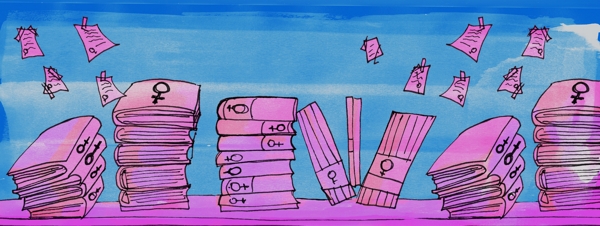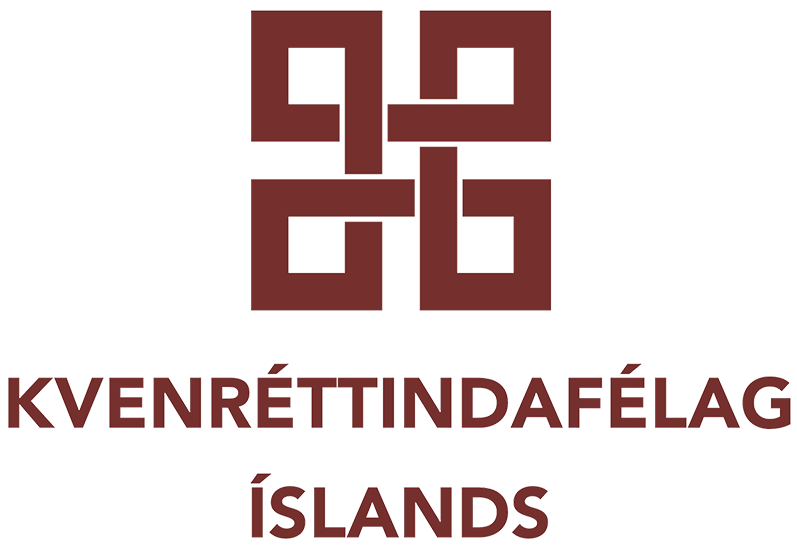Skip to content
Gender EqualityCharacter vefstúdíó2021-11-25T13:57:04+00:00

- A Comparative Analysis of Gender Equality Law in Europe. Alexandra Timmer and Linda Senden. The European Commission, Brussels. 2016.
The report provides a general overview of the way in which EU gender equality laws have been implemented at the domestic level in the countries Member of the EU and in the EEA countries (Iceland, Norway and Liechtenstein). It also explains the most important elements of the EU Gender Equality Treaty provisions.
- Gender Equality in Iceland. The Althingi, Iceland. 2014.
A report on Iceland’s political and legislative developments on gender equality in the last years.
- Gender Equality in the Arctic: Current Realities Future challenges. The Ministry for Foreign Affairs, The Icelandic Arctic Cooperation Network and the Centre for Gender Equality, Iceland. 2014.
This report highlights the main results of a conference held in Akureyri in 2014, with more than 150 participants from all the members states of the Arctic Council. The main goal of the conference was to promote an extensive and policy relevant dialogue on gender equality, putting current realities into context with climate and environmental changes and economic and social developments. Another objective was to discuss the current situation of gender equality and increase cooperation between the countries on the issue.
- Global Gender Gap Report. World Economic Forum. 2021.
An overview of gender statistics in Iceland and other countries of the world, published by the World Economic Forum.
- Human Rights And Equality. The Government of Iceland. 2020.
An overview of the Icelandic government’s stance on human rights and equality, with a short description of international obligations.
- Iceland. Social Institutions and Gender Index, Paris. 2014.
Data on gender equality in Iceland regarding domestic violence, civil liberties, access to services.
- Most Gender Equality in Iceland. Vala Hafstad. Iceland Review Online, Reykjavik. 2015.
The article talks about the fact that Iceland has topped the gender equality lists for seven years, becoming the most gender egalitarian country in the world.
- Nordic Gender Equality Indicators. Nordic Co-Operation, Denmark, Continually Updated.
Statistics published by the Communication Department in the Nordic Council and in the Nordic Council of Ministers which examine gender equality in several aspects of Nordic societies, as power, family, education, labor market.
- Nordic Gender Equality Report. The Nordic Council of Ministers, Denmark. 2015.
The report provides graphics and information on gender equality in the Nordic countries. It examines, for example, population composition, childlessness, time use in domestic work, and daily smoking.
- The Nordic Region: A Step Closer to Gender Balance in Research?. Solveig Bergman. The Nordic Council of Ministers, Denmark. 2013.
The report focuses on gender equality in academia. Currently, 80 percent of professors in the Nordic region are men. There are differences between the countries in the gender composition of researchers and in the way they promote gender equality and politically prioritize the issue. The report seeks to compare developments on gender equality legislation, policy and statistics in the Nordic region. It also presents examples of successful instruments and measures that have improved the gender balance in academia in the region.
- The Policy of Gender Equality in Iceland. Thorgerdur Einarsdóttir. The European Parliament, Brussels. 2010.
An overview of Icelandic gender equality policies in 2010, with a focus on parental leave policies, gender quota and anti-gender based violence measures.
- Women and Men in Iceland. Centre for Gender Equality, Statistics in Iceland, The Ministry of Welfare, Iceland. 2016.
Statistics on gender equality in Iceland in 2016. The data shows gender statistic in fields such as influence and power, income, maternity and paternity leave, education, labor market and media.
- Your Rights. Important Information for Foreign Women in Iceland. Centre for Gender Equality Iceland, Akureyri. 2011.
This pamphlet provides information regarding the Icelandic justice system and Icelandic society. The issues discussed in the document are for example resident permits, trafficking in human beings, divorce and custody, and financial issues.
Page load link


